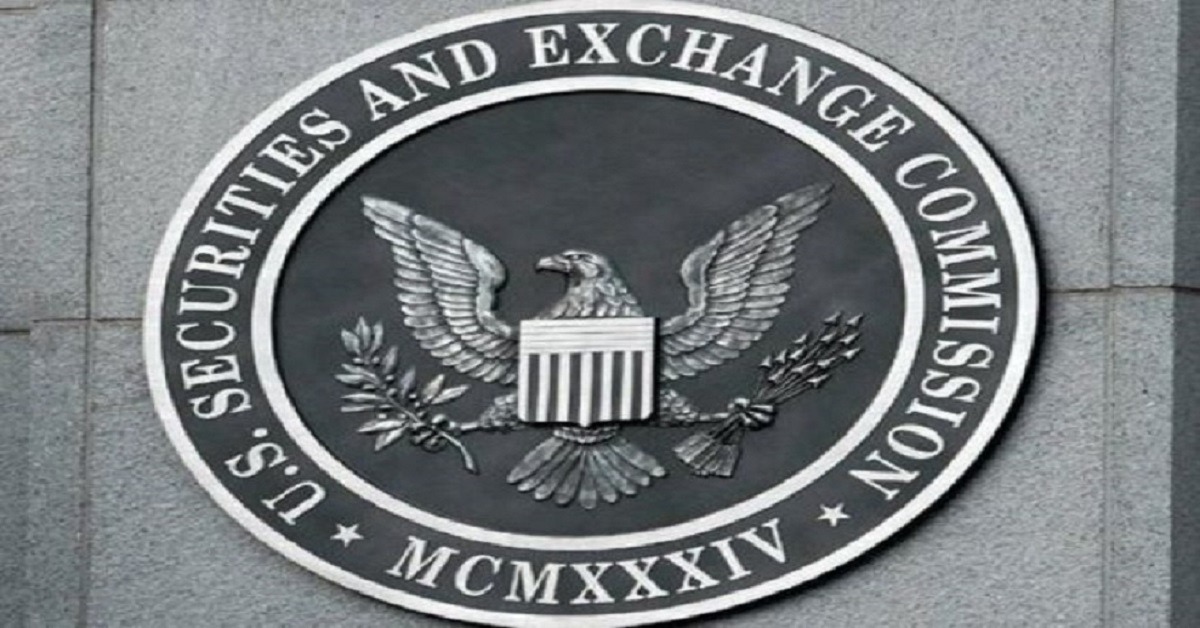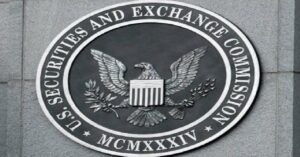Reg CF SAFEs will stay. The SEC’s Final Rules reversed its proposal to remove Reg CF ‘nontraditional’ securities in its 18-month private-exemption review. Companies have used Simple Agreements for Future Equity (SAFEs), Simple Agreements for Future Tokens (SAFTs), and revenue shares in the Reg CF space, worrying the Commission about investor confusion. The surprise move came amidst uproar from market actors including portals that sell Reg CF securities.
Beyond investor confusion the Commission sought to algin Reg CF securities with Reg A+. Congress limited Reg A+ securities to: “equity securities, debt securities, and debt securities convertible or exchangeable to equity interests, including any guarantees of such securities.” But this wouldn’t have solved the Commission’s perceived problem since SAFE’s are “exchangeable to equity interests.” Thus, it went further and planned to explicitly ban SAFEs. Commentators balked, arguing SAFEs are just convertible notes with a zero percent interest rate. Removing the debt feature has many advantages, including eliminating tax-reporting headaches for what is usually minimal interest.
SAFE creator defends SAFEs
Carolynn Levy, the original SAFE creator at Y combinator submitted an SEC comment explaining SAFEs sought to “keep the convertibility feature of the [convertible] notes intact, but remove the debt features.” Others stated eliminating Reg CF SAFEs in name would mean issuers would still use them but call them ‘zero-interest convertible notes.’ Thus, eliminating Reg CF SAFEs would not kill the concept but would only add extra paperwork and compliance hours for the same thing.
SAFEs also have other advantages. As Sara Hanks, CEO of Crowdcheck stated in her SEC Comment, “One of the primary drivers of the use of SAFEs is to delay substantive analysis of the valuation of the issuer when that issuer is still in its developmental stages.” Startups are notoriously hard to value, many will fail, many won’t scale, making early valuations mostly useless. As Reg CF caters to early-stage companies, priced rounds make little sense.
SAFEs convert to equity upon a set of defined triggers. Most often that trigger is a future financing round. As the Wefunder SEC comment stated, SAFE holders are betting the company will attract later funding. If it does the SAFE converts, if it doesn’t needless lawyer billables aren’t wasted. In Silicon Valley equity raises don’t usually begin until the $2 million mark, when VCs negotiate Series A. But companies eschewing VC money can trigger SAFE conversion with a merger, public offering, or later Reg A+ financing.
Reg CF SAFE complaints focus on generally accepted practices
Reg CF SAFE complaints focus on issues common in the Reg CF area. First is lack of Reg CF SAFE voting rights. But any kind of security can prohibit voting, including common stock. In fact, Reg CF securities typically avoid voting rights. It would make no sense for investors with commitments as little $100 and companies with management structures often in flux. Thus, Mississippi law professor Mercer Bullard complaint quoted by the Consumer Federation of America in its SEC comment makes no sense.
And it is typical of academic hostility to innovation and capitalism. Bullard states, “These three types of securities [SAFEs, crowd notes, and revenue shares] share the disadvantages that they are nonvoting and lack the information rights that are typical for common shareholders.” Mandating voting rights or limiting security structures will only force companies to forgo crowdfunding and harm choices for retail investors. Ironically these are the cohorts consumer groups and academics claim to defend.

A second Reg CF SAFE complaint is the typically included repurchase provisions. This allows issuers to buyout SAFE holders after later financing. But again, buyback provisions exist with any security type including common stock. One reason buyback provisions are necessary is the 12(g) rule. This rule forces young companies with “too many” investors to worry about being forced into the public markets. The SEC conditionally exempts Reg CF investors from this count. But it could have exempted them unconditionally. Not doing so necessitated buy-back provisions in Reg CF securities.
Nontraditional Reg CF instruments will lead to industry disruption
Other ‘nontraditional’ securities popular in Reg CF are SAFTs and revenue shares. The Commission’s struggle with token sales is well known and unresolved. It’s attempt to clarify its position in 2019 guidance was a legendary fail. Its appointment of a “Crypto Czar” Valerie Sczcepanik solved nothing. And banning Reg CF SAFTs change little.
Last is revenue shares. In contrast to most securities, revenue shares are easy to understand. Investors get a prorated share of company revenue. Reg CF Rev-Share-holders are not equity holders who may have to wait years for a return. ‘Businesses’ based on single project like a movie, literary work, or music album can thrive with this model. It aligns the project’s backers with the creators for marketing and signal boosting. One VC fund involved with video games and virtual reality already employs this model. More will follow as the entertainment evolves to include fans as stakeholders.
The SEC’s reversal on Reg CF SAFEs, SAFTs, and revenue shares was welcome and wise. It aligned with the overall move to allow companies and retail investors more freedom and choices. Whilst unpopular with anti-innovation academics and the consumer lobbyists, it will ultimately benefit everyone as new and profitable capital-raising models emerge.








